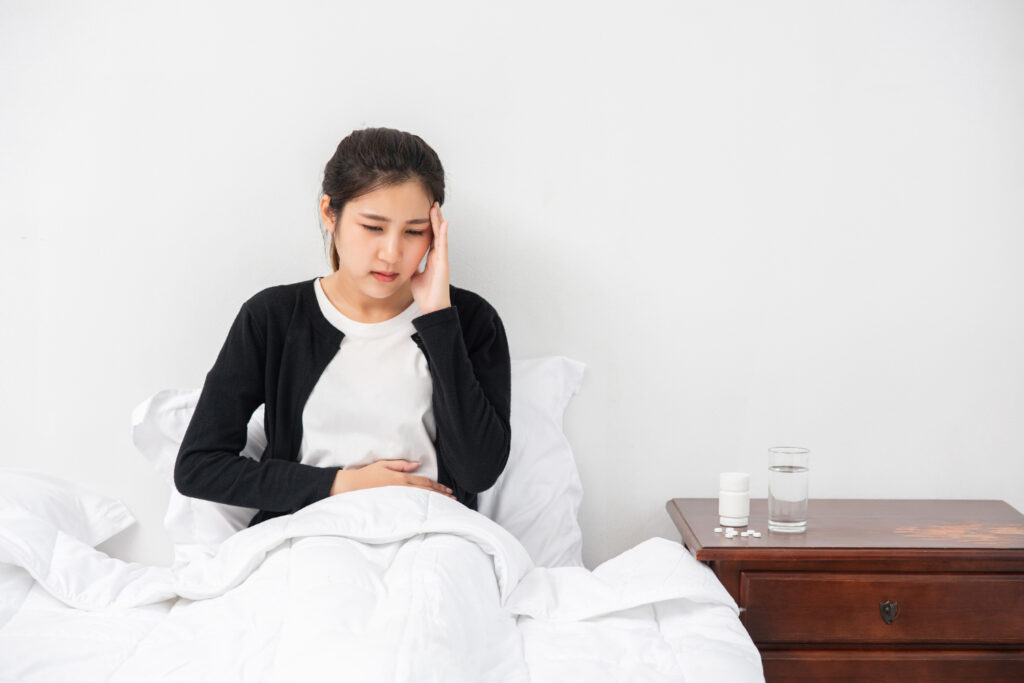We provide
HRT
Contraception
Period Delay
HRT
Hormone Replacement Therapy (HRT) is a highly effective treatment for managing menopause and perimenopause symptoms. At YourPrescriber, we create customized HRT plans to alleviate discomfort and enhance the quality of life for women experiencing hormonal changes.


Contraception
Contraception refers to methods or devices used to prevent pregnancy. At YourPrescriber, we offer a wide range of contraceptive options tailored to meet individual needs and preferences. Whether you’re looking for long-term solutions like intrauterine devices (IUDs) or implants, or short-term methods such as pills, patches, or condoms, our expert team is here to help you make an informed choice that suits your lifestyle and health needs.
Contraception
Contraception refers to methods or devices used to prevent pregnancy. At YourPrescriber, we offer a wide range of contraceptive options tailored to meet individual needs and preferences. Whether you’re looking for long-term solutions like intrauterine devices (IUDs) or implants, or short-term methods such as pills, patches, or condoms, our expert team is here to help you make an informed choice that suits your lifestyle and health needs.

Period Delay
Period delay involves the use of medication to postpone menstruation for various reasons, such as vacations, special events, or medical needs. At YourPrescriber, we provide safe and effective options for delaying your period, including prescription medications like norethisterone. Our experienced healthcare professionals will guide you through the process, ensuring the chosen method fits your health profile and lifestyle.

customer impact
HRT
85% of women report significant relief from menopausal symptoms with Hormone Replacement Therapy (HRT)
Contraception
Over 70% of women using contraception report feeling confident in their chosen method’s effectiveness.
Period Delay
90% of members find period delay methods effective in managing their menstrual cycle according to their needs

Thrush
At YourPrescriber, we offer effective treatments for thrush in women, addressing factors such as hormonal changes (like pregnancy or taking birth control pills), antibiotic use, weakened immune system, diabetes, and wearing tight or damp clothing for prolonged periods. Our healthcare professionals provide personalised care, prescribing antifungal medications in the form of creams, suppositories, or oral tablets tailored to the severity of the infection, to enhance your comfort and well-being.
Thrush
At YourPrescriber, we offer effective treatments for thrush in women, addressing factors such as hormonal changes (like pregnancy or taking birth control pills), antibiotic use, weakened immune system, diabetes, and wearing tight or damp clothing for prolonged periods. Our healthcare professionals provide personalised care, prescribing antifungal medications in the form of creams, suppositories, or oral tablets tailored to the severity of the infection, to enhance your comfort and well-being.

Cystitis
At YourPrescriber, we provide comprehensive treatments for cystitis, an inflammation of the bladder often triggered by bacterial infections, hormonal fluctuations, antibiotic use, and lifestyle factors. Our experienced healthcare team delivers personalised care, offering antibiotic therapies and supportive measures to alleviate symptoms and promote recovery. We tailor treatment plans to meet your specific needs, prioritising your comfort and well-being.

HRT clinic price list
| Service | Price |
|---|---|
| Initial Consultation | £80 |
| Follow-Up Consultation | £55 |
| Hormone Levels Panel | £80 |
| Thyroid Function Panel | £85 |
FAQ
If you don’t have any known condition affecting your menstrual cycle, your period should start within 24 to 38 days of your last period, depending on your usual cycle. If you’re 7 days past your expected due date, it is considered late. After 6 weeks, you can consider your late period a missed period.
- being pregnant.
- stress.
- the start of menopause (perimenopause), usually between the ages of 45 and 55.
- polycystic ovary syndrome (PCOS)
- sudden weight loss.
- being overweight.
- doing too much exercise.
- taking the contraceptive pill.
